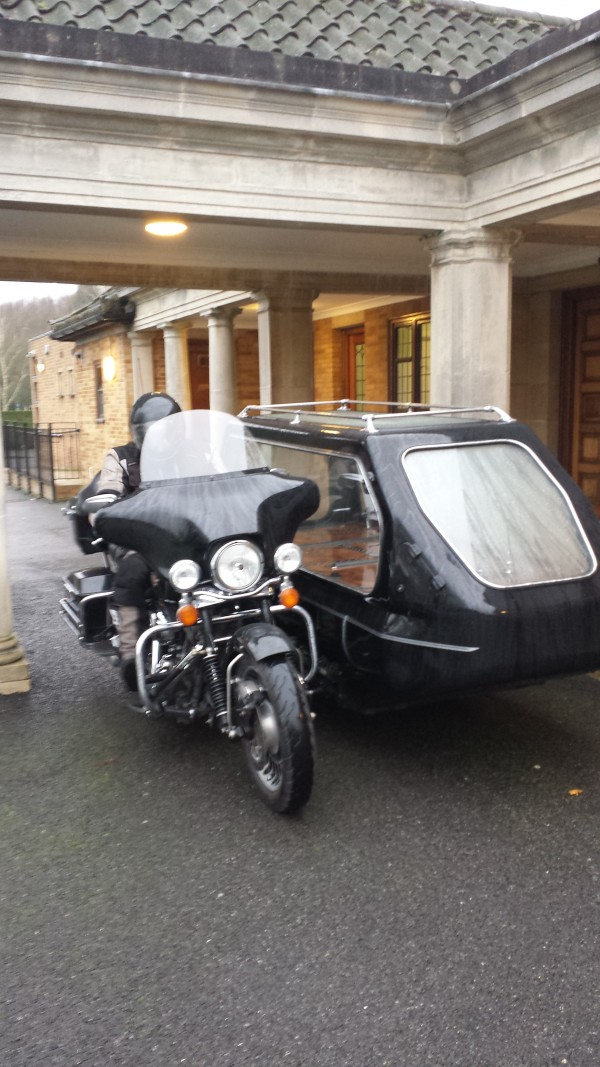Continuing the jolly theme I started last week of dealing with funerals, I promised to discuss eulogies, and I will not let you down!
Of course, there is nothing wrong with asking your celebrant to draw up a eulogy for you. You’ll have to supply the information and probably check and approve the draft , but that’s a good solution – especially if you dread public speaking – and you may well be at your lowest ebb anyway at such a time.
Another possibility is to get a friend or relative, or even several, to deliver tributes. Nobody should be forced into this, but, if they agree, they should be warned to keep the tribute reasonably short (1-2 minutes each, tops), to the point (rambling interminably spoils the moment) and well-delivered (slow and clear).
For anybody planning to do their own speech writing, I hope the following hints will help.
Think about your audience
- Be aware of the fact that there may be issues that would be better left unsaid (family animosities, for example)
- You may well feel mournful, but you can also focus on the uplifting and inspiring. Many people prefer a celebration of life, and a joke need not be seen as inappropriate, although we’re not talking about comedy routines!
- People will want to hear nice things about the deceased, but everybody is human. It may be fine to mention one or two idiosyncrasies about the deceased. However, saying somebody was “a bit difficult at times” or “they could be obstinate on occasion” gets the message across in a better way than saying “he/she was a complete b***”!
A couple of minutes (2-4) is probably enough.
The person
In most cases, you will want to cover the main biographical parts of the deceased’s life (people will be there who know only one side of that life, probably). However, an account like that risks being quite dry. A few well-chosen stories can really (no pun intended) bring the deceased to life.
So aim at covering the qualities of the person, and also something encompassing happy, funny, unusual, even sad events that sum up their life.
The script
It’s worth writing a full script (experienced and confident speakers may get by with notes, and a few can talk fluently impromptu, but I don’t advise this in the majority of cases). You should practise reading it, preferably to someone you know quite well, who can tell you if your words are coming across as you mean.
Start, middle and end
You can leave the beginning till you have written the other parts, but when you do, it’s probably best to start by going straight for the point. It might just be to thank the guests for their support.
You can end with something short by way of conclusion (possibly a phrase addressed directly to the deceased).
Source: northvancouverfuneral.com
Delivery
- Practise reading your eulogy beforehand.
- Stand when giving the eulogy.
- Come dressed appropriately.
- Try and stand still when speaking, and appear as calm as you can.
- Look up periodically at your audience (so they feel involved). Mark your place with a finger as you look away!
- Speak slowly. (You’re bound to be nervous, and we often accelerate under those circumstances.) You project better that way – and also you (and your audience) will have time to think about what you are saying.
Nobody will blame you if you are overcome with emotion. It’s perfectly natural. Give yourself a couple of moments before carrying on. (If you really can’t, and you have a script, then your celebrant can take over.)
To sum up, you don’t have to have a eulogy at all. If you do want one, involve the celebrant, by all means. Alternatively, you can invite people close to the deceased. But if you do it yourself, I hope the advice I offer will be helpful to you.
Michael Gordon can help prepare and conduct a tailor-made civil ceremony in or around London or, indeed, in Europe.

